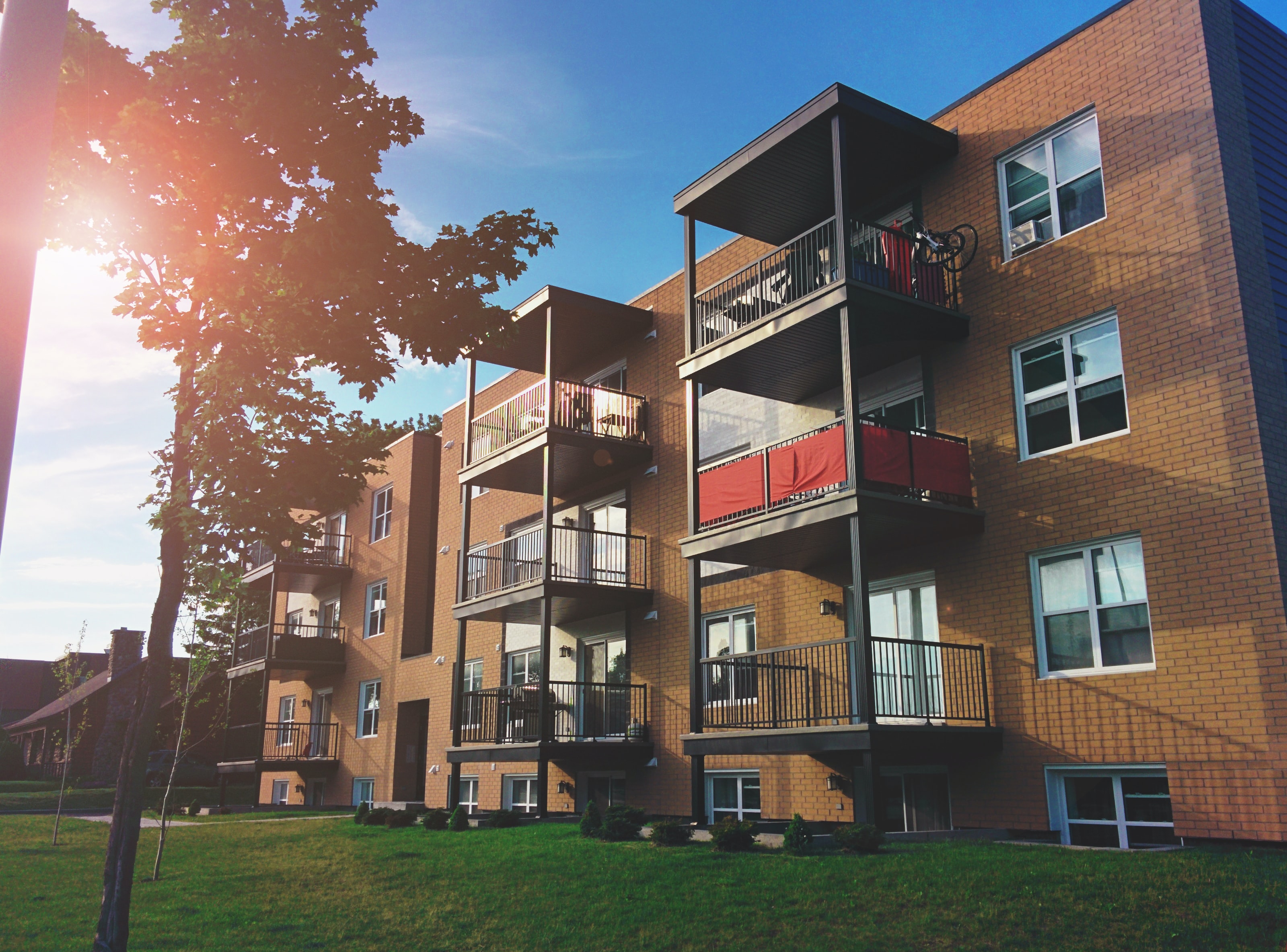
By David M. Greenwald
Executive Editor
Sacramento, CA – The Governor signed one key piece of housing legislation on Friday and Senator Wiener’s extension of SB 35 advanced as well, as the legislative session winds down.
Governor Newsom signed into law on Friday legislation from Senator Dave Cortese intended to speed up housing across California. SB 406 will eliminate certain types of repetitive reviews under the California Environmental Quality Act (CEQA) while maintaining California’s strong environmental protections.
The Senator believes that SB 406 will speed up housing by cutting bureaucratic red tape. At the same time, it will continue to keep environmental protections in place.
“Our state and regional housing crisis is complicated, but we continue to work together to find ways to ramp up housing production, particularly affordable housing for people in need,” said Senator Cortese.
In the meantime, two of Senator Wiener’s housing bills will head to the Assembly Floor  for votes.
for votes.
“I’m delighted that these historic bills will receive a vote on the Assembly Floor,” said Senator Wiener. “Our legislation to tackle the housing crisis, address climate change, and lower healthcare costs are first-in-the-nation measures that take bold steps to address some of the most serious challenges facing everyday Californians.”
Moving forward is SB 4, which allows faith institutions such as churches, synagogues, and mosques along with nonprofit colleges to build affordable housing on their property by-right, even if local zoning prevents this housing.
Perhaps more centrally, SB 423 is an extension of SB 35 which basically streamlines the Builders Remedy to accelerate housing permits in areas that underperform their housing targets. SB 423 removes the sunset on SB 35, which is set to expire at the end of 2025.
The Builder’s Remedy has become the “stick” that the state has to enforce its RHNA (Regional Housing Needs Allocation) that California municipalities must update every eight years.
California YIMBY explained, “While the RHNA targets are supposed to be binding – cities must permit the number of homes they are allocated during each cycle – cities also have broad discretion to approve or deny individual housing projects.
“In spite of state law discouraging them from doing so, cities nevertheless often block new homes outright, or put up insurmountable barriers to their development.”
SB 35 attempts to remedy this problem “by allowing homebuilders to pursue a streamlined approval process in cities that have fallen behind their RHNA-allocated housing production targets.”
Under SB 423, “all of the provisions of SB 35 will be extended to 2036, and will also be expanded to more completely cover mixed-income housing developments.”
Cortese’s bill, in the meantime, was designed “[t]o tackle California’s unprecedented housing crisis.” He noted that “local governments have taken steps to offer financial aid for developing affordable housing.”
For example, as a Santa Clara County Supervisor, Senator Cortese “initiated the creation of a countywide housing task force that led to the creation of Measure A in 2016 that the Senator co-chaired, a voter-approved $950 million bond to help create about 4,800 affordable units.”
To date, the measure has funded the construction of over 4,300 new apartments spanning 47 developments across nine cities.
Additionally, it has contributed to the refurbishment of more than 680 affordable housing units.
“Public agencies regularly provide low-interest loans that support new affordable housing projects and guarantee their long-term sustainability. Similar actions to Measure A have been implemented in Alameda, Los Angeles, and San Francisco counties,” Cortese’s office explained.
At the same time, “when a local agency helps fund an affordable housing project, this financial assistance can trigger an evaluation under CEQA, in addition to the separate, independent CEQA review conducted on the project itself.”
Cortese believes, “Implementing CEQA this way is ineffective, repetitive, and ultimately causes delays and increased expenses for urgently needed affordable housing.”
SB 406 extends to local governments an existing CEQA exemption for state financing of affordable housing projects, provided that the project will still undergo a CEQA review by another public agency.



All of this new legislation should strike fear in the hearts and minds of NIMBYs across our great State. I am elated that one former commenter can no longer whine here about YIMBY funded business interests.